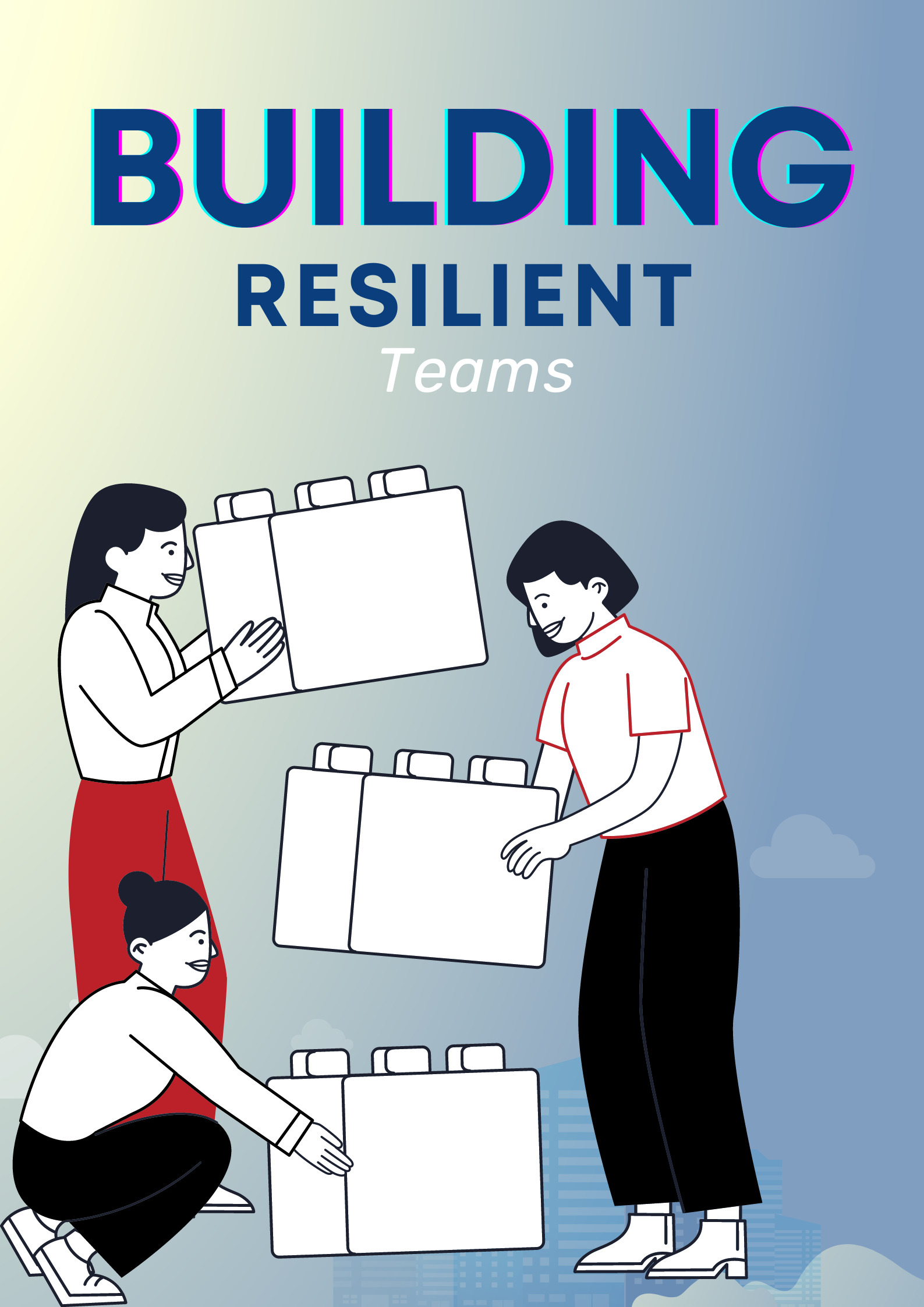80 per cent of workers feel anxious about attending day-to-day work meetings

Do you dread the thought of going to work meetings? If so, you are not alone. A recent survey by Champion Health found that 60% of UK employees are experiencing anxiety about attending day-to-day work meetings. The survey also revealed that only 10% of employees are seeking mental health support for their anxiety.
What causes meeting anxiety? According to the Mental Health Foundation, some of the common triggers are:
- Fear of being judged, criticized, or rejected by others
- Fear of not being prepared or having nothing to contribute
- Fear of conflict or confrontation with colleagues or managers
- Fear of making a mistake or saying something wrong
Meeting anxiety can have negative consequences for your mental health, productivity, and career advancement. It can also affect your relationships with your co-workers and supervisors. That’s why it’s important to learn how to cope with meeting anxiety and overcome your fears.
Here are some tips that can help you reduce your meeting anxiety and boost your confidence:
- Prepare ahead of time. Review the agenda, do your research, and prepare your notes or questions. This will help you feel more confident and ready to participate.
- Practice your presentation. If you must give a presentation or a report, practice it in front of a mirror, a friend, or a colleague. This will help you improve your delivery, identify any weak points, and reduce your nervousness.
- Use relaxation techniques. Before the meeting, try some breathing exercises, meditation, or positive affirmations. These can help you calm your nerves and lower your stress levels.
- Focus on the positive. Instead of worrying about what could go wrong, think about what could go right. Remind yourself of your strengths, achievements, and contributions. Think of the meeting as an opportunity to learn, grow, and showcase your skills.
- Seek support. If you feel overwhelmed by meeting anxiety, don’t hesitate to reach out for help. You can talk to a trusted co-worker, a mentor, or a therapist. They can offer you advice, feedback, and encouragement.



